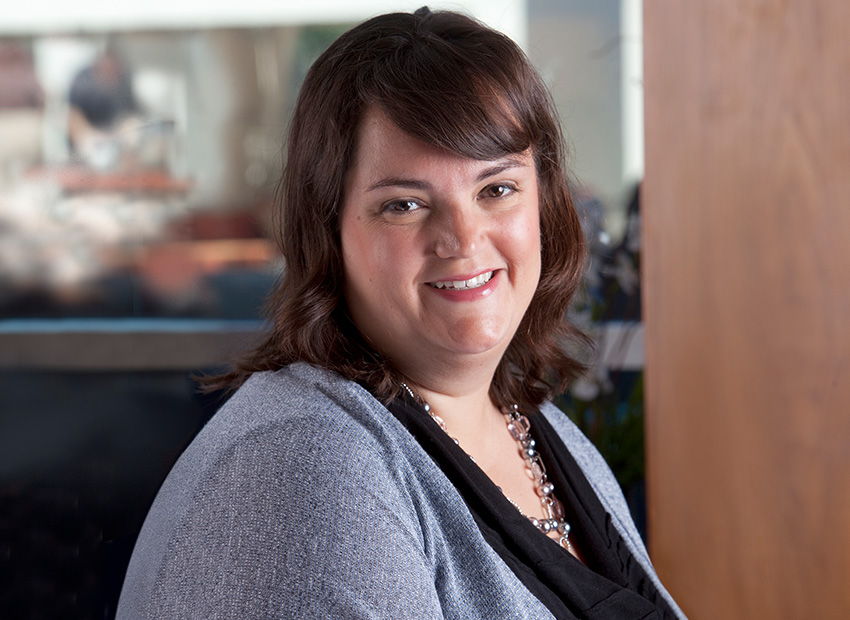The Post-Graduate Year: An Alternative to the Gap Year
In my college counseling practice, I’ve worked with a few students over the years who are excited to attend college but may not be ready for college…yet. At times, these students consider a gap year, which is a break in their academic progression from high school to college that allows them to travel, work, or volunteer. However, sometimes these students don’t want an academic break, yet they also aren’t quite ready for the next college step either. That’s where the post-graduate (PG) year comes in. A PG year is offered by many private boarding schools as an extra year of high school, a 13th year, where the student can continue to grow in a way that might help them move towards their college goals productively.
Here are some of the most common reasons I’ve seen students consider a post-graduate year.
- Athletic Growth. I’ve worked with a few athletes who are in the range of being recruited to play their sport in college, but might need another year to reach their full athletic potential. There are even specialty programs for some sports, like ice hockey academies in Canada, which are designed to train students at a high level while continuing their academics. The benefit of going this route means that a student might be able to improve their recruit status, while also not sacrificing a year of NCAA eligibility at the collegiate level.
- Growth towards independent living. Sometimes students have overcome tremendous obstacles during their high school years, such as a chronic illness or major surgery, or have a learning difference that might make everyday tasks take longer. For a student who may need another year to strengthen their independent living skills, a PG year can be a great transition as the student gets to live away from home while continuing to develop academic skills.
- Academic Growth. I’ve definitely worked with students who didn’t quite hit their academic stride until later in high school, perhaps 11th or even 12th For these late bloomers, their high school’s academic tracking policies may not have allowed them to take honors or Advanced Placement courses that might make them more academically competitive. Another year of school could allow that student to achieve their academic potential.






